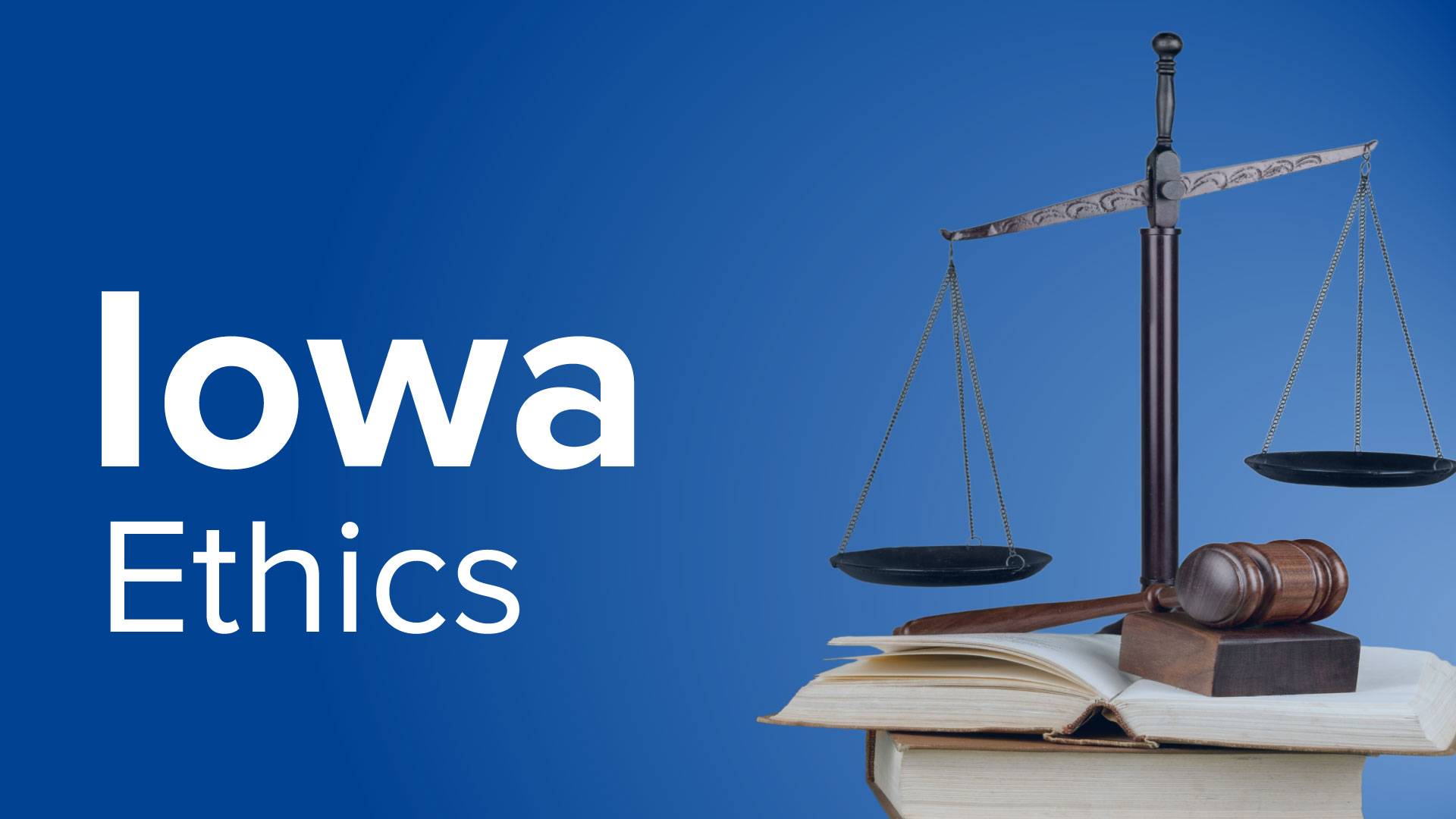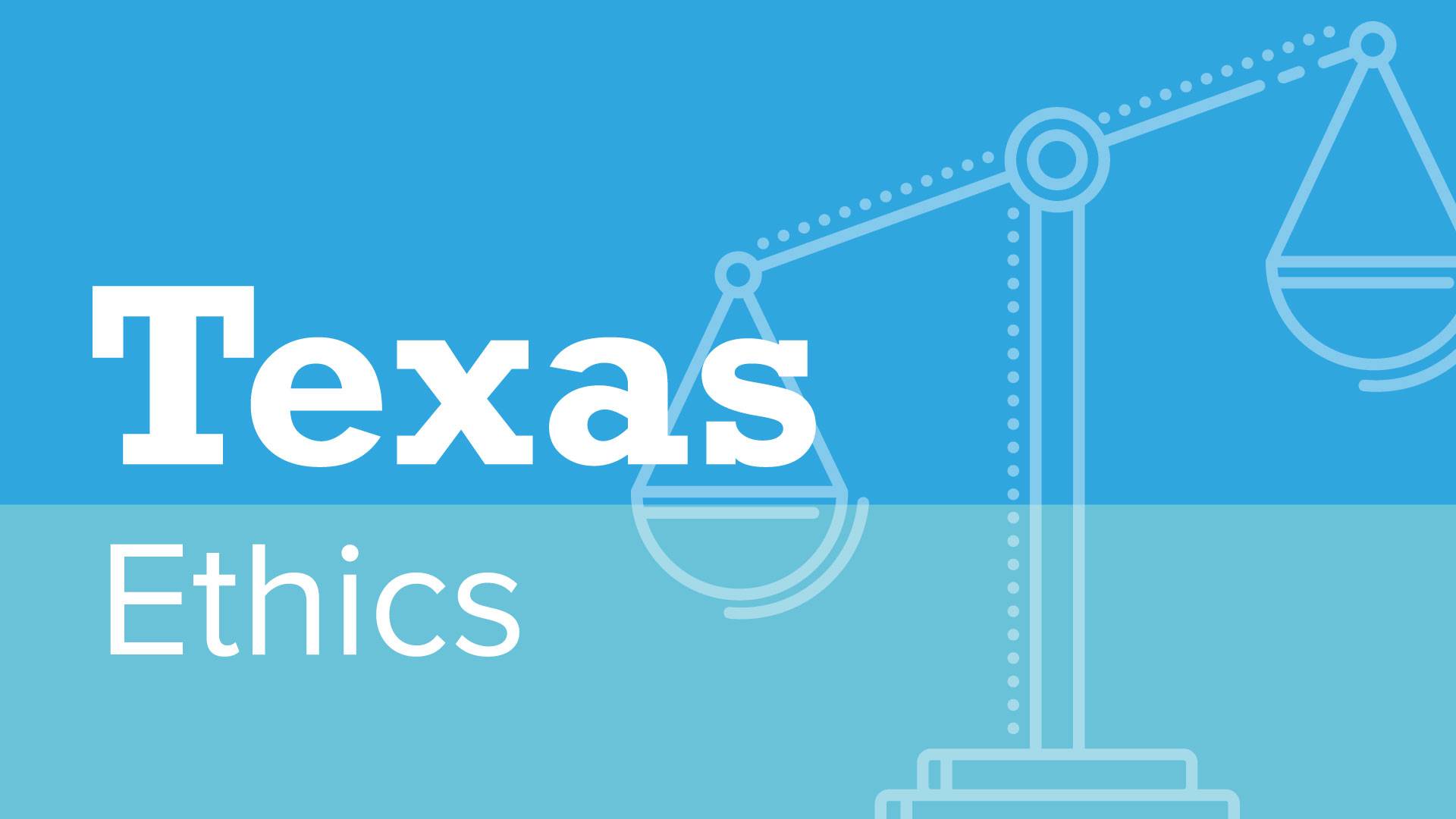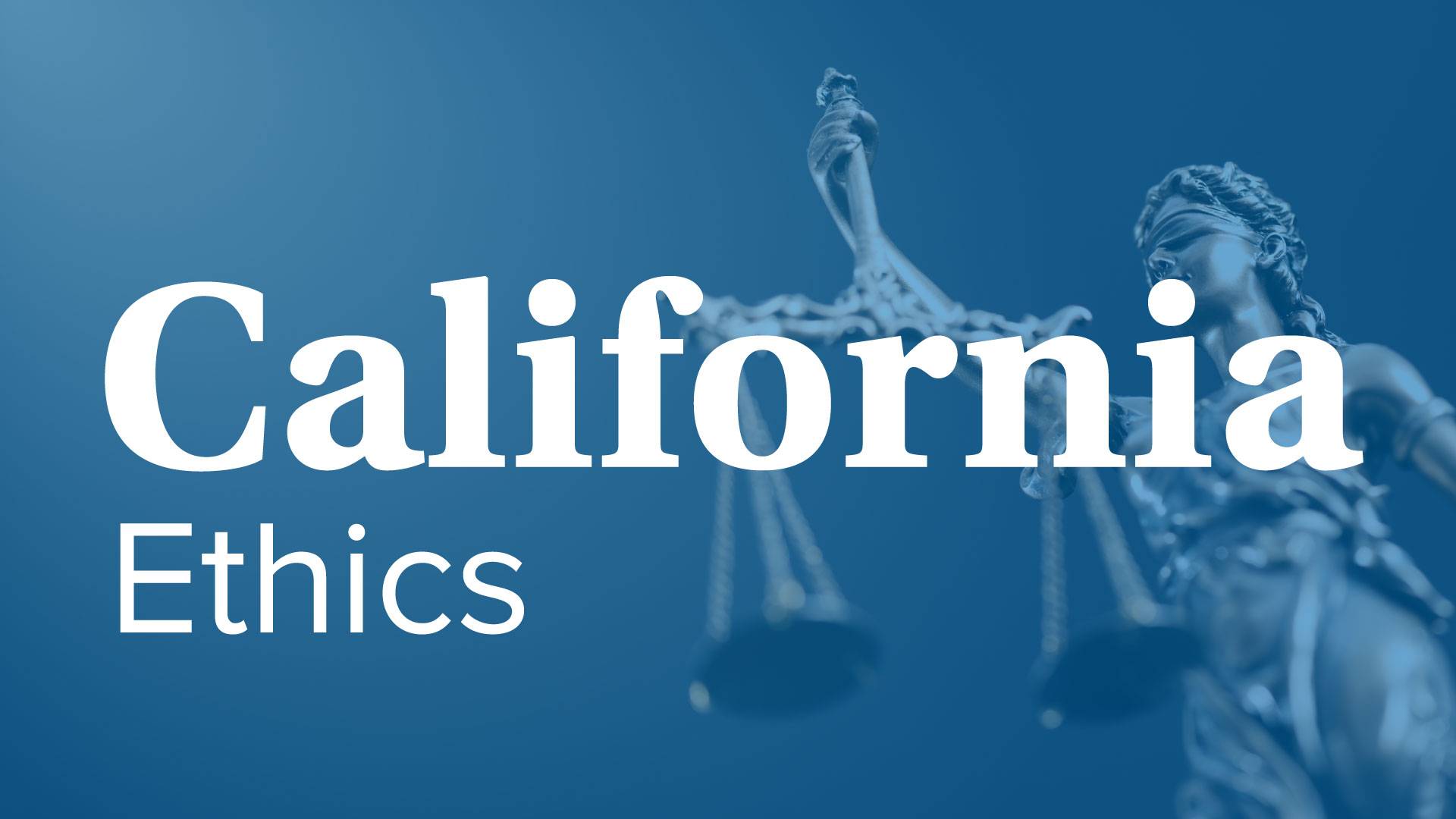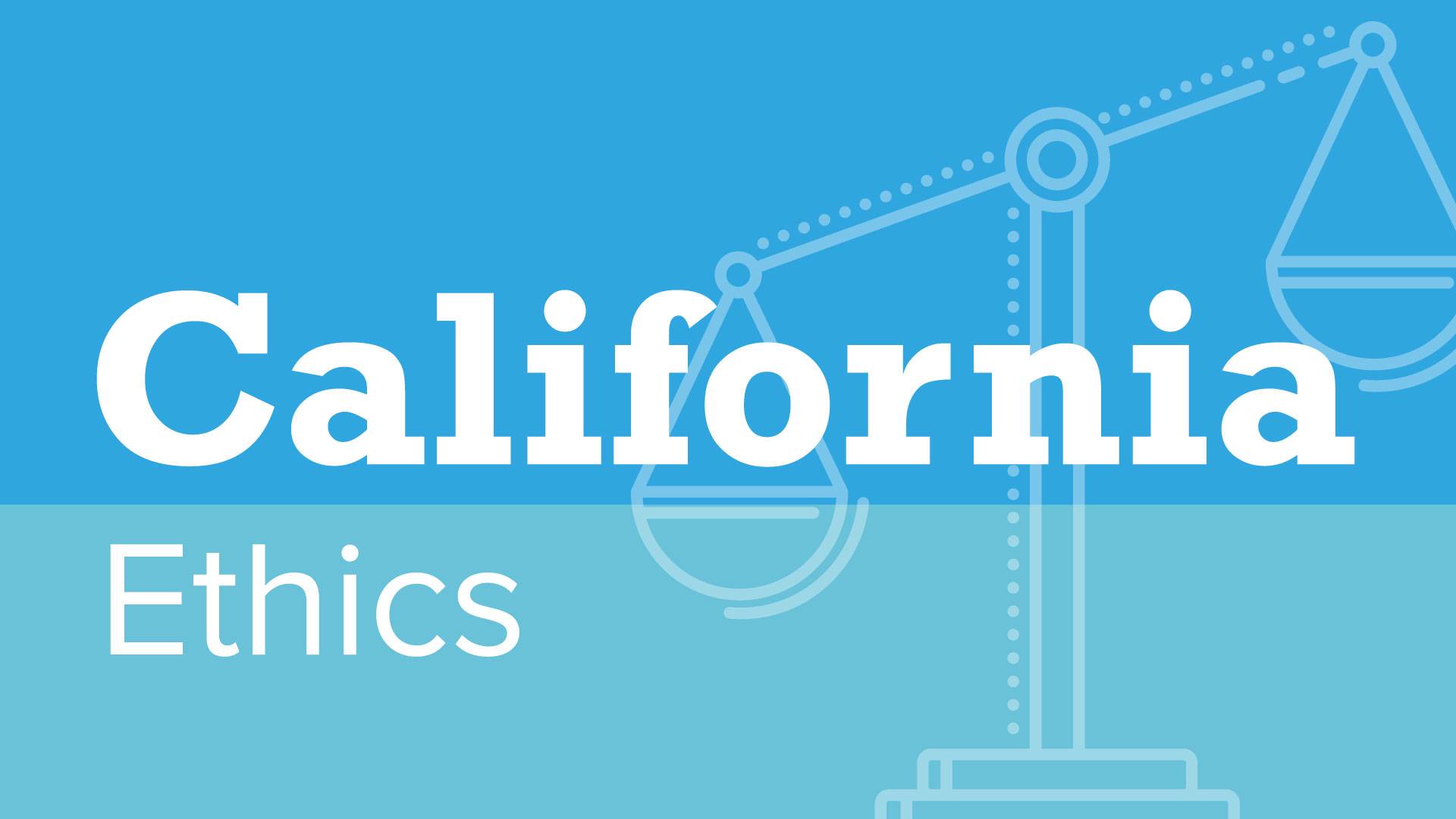Self-Study
Accountant Ethics for Iowa
Review the AICPA Code of Professional Code while staying up to date on Iowa's state-specific ethics guidelines.

$116.00 – $136.00
Webcasts are available for viewing Monday – Saturday, 8am – 8pm ET.
Without FlexCast, you must start with enough time to finish. (1 Hr/Credit)
Please fill out the form below and we will reach out as soon as possible.
CPE Credits
4 Credits: Regulatory Ethics
Course Level
Overview
Format
Self-Study
Course Description
Navigating the intricate landscape of ethical standards and regulations in the field of accounting can be a daunting task, especially in Iowa, where specific rules and licensing provisions uniquely shape the profession. Accountant Ethics for Iowa is specifically designed to address this challenge. Our CPE ethics course meticulously explores the AICPA Code of Professional Conduct alongside the nuanced regulations of the Iowa Accountancy Examining Board. By delving into these guidelines, this CPA ethics course highlights the often-overlooked pitfalls in public accountancy and firm management, bringing to light the complexities of harassment, discreditable acts, and the sensitive handling of confidential information.
What sets this Iowa CPA ethics CPE course apart is its practical approach. Through real-life examples, it doesn’t just theorize but illustrates how these ethical and regulatory concepts apply in everyday professional scenarios. Participants of this ethics CPE course will emerge with a comprehensive understanding of the AICPA Code’s principles, the intricacies of handling conflicts of interest, and the specifics of Iowa CPA license renewal. Moreover, the CPA ethics course empowers professionals to navigate the delicate balance between promotional efforts and misleading practices and to understand the specific obligations in client record delivery and firm permit requirements. This self-study ethics CPE course is not just an educational journey; it’s an essential toolkit for every tax, accounting, and finance professional in Iowa, ensuring they are well-equipped to uphold the highest standards of ethical conduct in their practice.
Learning Objectives
Upon successful completion of this course, participants will be able to:
- Describe the different principles contained within the AICPA Code of Professional Conduct.
- Specify the different types of harassment.
- Describe the types of discreditable acts stated in the AICPA Code of Professional Conduct.
- Explain the accountant’s obligations related to the release of confidential information.
- Specify the policies that may apply to the release of confidential information.
- Identify the characteristics of false or misleading promotional efforts.
- Describe the obligations of the accountant in relation to the delivery of records to a client.
- Specify the obligations of the accountant in regard to conflicts of interest.
- Describe the different types of threats to an accountant’s ability to comply with the AICPA Code of Professional Conduct.
- Specify the renewal requirements for an Iowa CPA license.
- Explain the requirements for a firm permit in Iowa.
- Recall the reporting requirements from a CPA firm to the Iowa Board.
- Specify the peer review requirements imposed on CPA firms in Iowa.
- State the outcomes associated with the suspension of an Iowa CPA’s license.
- Specify the activities in which only an Iowa CPA can engage.
- Identify the designations and titles reserved for Iowa CPAs.
- Recall the requirements associated with contingent fees in Iowa.
- State the circumstances under which confidential client information can and cannot be disclosed.
Course Specifics
SS424367416
September 11, 2024
There are no prerequisites.
None
88
Compliance Information
CFP Notice: Not all courses that qualify for CFP® credit are registered by Western CPE. If a course does not have a CFP registration number in the compliance section, the continuing education will need to be individually reported with the CFP Board. For more information on the reporting process, required documentation, processing fee, etc., contact the CFP Board. CFP Professionals must take each course in it’s entirety, the CFP Board DOES NOT accept partial credits for courses.
Meet The Experts

Steven M. Bragg, CPA, is a full-time book and course author who has written more than 300 business books and courses. He provides Western CPE with self-study courses in the areas of accounting and finance, with an emphasis on the practical application of accounting standards and management techniques. A sampling of his courses include the The New Controller Guidebook, The GAAP Guidebook, Accountants’ Guidebook, and Closing the Books: An Accountant’s Guide. He also manages the Accounting Best Practices podcast. Steven has been the CFO or controller of both public and private companies and has been a consulting manager with Ernst & Young and …
Related Courses
-
 Regulatory Ethics
Regulatory Ethics
Ethics and Professional Conduct for Texas CPAs
Joseph Helstrom, CPA QAS Self-Study
Credits: 4 $116.00
QAS Self-Study
Credits: 4 $116.00$116.00 – $136.00
-
 Regulatory Ethics
Regulatory Ethics
California Regulatory Review
Delta CPE LLC QAS Self-Study
Credits: 2 $58.00
QAS Self-Study
Credits: 2 $58.00$58.00 – $78.00
-
 Regulatory Ethics
Regulatory Ethics
Ethics and Professional Conduct for California CPAs
Patricia McCarthy, MBA& Joseph Helstrom, CPA QAS Self-Study
Credits: 4 $116.00
QAS Self-Study
Credits: 4 $116.00$116.00 – $136.00
